Nirangal responds to MSJE Transgender Rights Bill (2015)
To Whom It May Concern,
We are writing to you from Nirangal, an organization working for the welfare of transgender community in South India.
We participated in the consultation of South India Transgender Samithi and fully endorse the press release adapted. Please find below the edited version in which we have made some minor changes like including some more cultural identities within the transgender community.
Regards,
Sivakumar and Vikram
Nirangal
CONSULTATION ON RIGHTS OF TRANSGENDER PERSONS BILL, 2015.
The South India Transgender Samithi held a consultation on the Government of India’s Rights of Transgender Persons Bill, 2015 on the 30th of December. The Consultation brought together community members from across South India at the Indian Social Institute in Bangalore to discuss the new bill which has been made available on the Ministry of Social Justice and Empowerment’s website. This Bill is the Government of India’s response to a private members Bill also dealing with the Rights of Transgender Persons which was passed unanimously in the Rajya Sabha earlier this year.
The unanimous position arising from this consultation was that the deadline of 4th January, 2016 given by the government to submit comments on the Bill was incredibly short and unfeasible. It was agreed by all present that the deadline needs to extend by at least a month during which
period the government must take the initiative to consult all community members – this is feasible given the small size of our community. Without such effective consultations and time period given the entire exercise will prove to be a failed one that disregards the varied deeply personal and political struggles of the transgender community for self identification and dignity.
In terms of substantively discussing the Bill, the following issues were flagged as seriously worrying:
1. IDENTITY: The entire struggle of transgender people is for us to be able to live in our chosen identities. However, the bill does not provide a mechanism for self identification – instead a recommendation for certification as transgender is “Issued by a state level authority… on the recommendation of a District level Screening Committee headed by the Collector/District Magistrate and comprising District Social Welfare Officer, psychologist, psychiatrist, a social worker and two representatives of transgender community and such other person or official as the State Govt/UT Administration deems appropriate”. Many of us in the transgender community have struggled with the transphobic biases and deeply unscientific understanding of psychologists, psychiatrists, magistrates, social workers, etc. and we are not comfortable with them having authority over declaring people as transgender. The Supreme Court’s NALSA v. Union of India judgment in 2014 made a strong case for the right to self-identification of transgender persons, which would mean a minimum of procedural barriers from claiming recognition. This Bill on the other hand proposes a complex two-tiered mechanism which risks trapping transgender individuals in a bureaucratic apparatus to obtain basic recognition of their identity. We believe that people should be able to self-identify as any gender regardless of surgery/hormones, by filing a court affidavit declaring the same and converting all their identity documents to reflect this.
2. CERTIFICATION: Once a transgender person has filed the affidavit, all bodies that produce IDs and certificates, including ration cards, driving licenses, and educational institutions should be compelled by law to change the name and gender of the person on the certificates they have issued in the past. They should only list the changed name and gender, and not provide both names as alias the way that ration cards currently function. For benefits from the state there could be a certification process, but the certifying panel needs to include a larger number and diversity of transgender people from all the identities – transwoman, trans man,thirunangai, thirunambi, maruladi, kothi, hijra, shivashakti, jogappa, aravani, jogta, etc. that are locally culturally relevant.
3. PENALTY: The Bill in its present form is at most a reflection of intent, but has no clauses that elaborate on the penalties for non-compliance. If there no penalties for defaulting on the provisions of the Bill then the bill will be completely unenforceable and will be nothing more than a piece of paper. It also does not specify a clear line of duties and responsibilities when it comes to governmental and non-governmental agencies. Beyond that, it was also felt that the Bill needs to cover a more specific range of offenses against the community beyond
what it already does, including atrocities, police violence, name-calling, lack of access to public and religious spaces, and exclusion even from burial grounds.
4. VIOLENCE: The way the bill defines violence is seriously flawed. To start, it is limited to “intentional use of physical force or power” which includes self harm. First of all, defining physical harm as having to be intentional to be considered by this bill limits the reach of the bill and compromises cases of violence on transgender people by requiring proof of the intention of the assailant/perpetrator. Also since suicide rates are very high in the transgender community it is worrying that self harm is also treated on the same footing as other forms of violence – this would effectively make most transgender people targets of this bill and make people’s lives even more miserable when they act on suicidal feelings. This bill also does not take sexual, emotional or verbal violence against transgender people seriously, nor does it take adequate measures to guard against major perpetrators of violence against transgender people: police, partners/clients, and the family. It is also different for specific transgender groups: for the Jogappas it could be the temple authorities, for hijras in sex work it could be the police and clients and for children it is the family and school that becomes their source of violence. The police are treated as protectors of transgender people and there are sections guarding against police inaction if crimes occur on transgender people, but nothing to guard against atrocities by the police.
5. EMPLOYMENT: Employment is a major problem faced by transgender people. The Lok Sabha bill has ended up de-incentivizing employers in the private sector from considering transgender people for employment by altogether deleting sections 23 and 24 of the Rights of Transgender
Persons Bill 2014 of Tiruchi Siva as passed by the Rajya Sabha. The scope of the reservation is limited by being restricted only to government jobs and with transgender people being such a minority within the proposed OBC category. When it comes to the issue of reservations, we as a community would like a separate quota based on gender and do not want to be clubbed with SC, ST or OBC – instead there could be internal reservation for SC/ST/OBC transgender people to allow fair access. It is also important for the bill to clearly mention that reservation extends to education.
6. COMMISSIONS AND COURTS: The bill also removes some crucial provisions from the private members’ Bill of Tiruchi Siva, such as National and State Commissions for Transgender Persons and transgender courts. Many transgender people feel these would be essential to strengthen the struggle for transgender dignity, although whether they empower transgender people would depend on the details of the proposed structure. Any decision making process for the support and administration of programmes and policy for our community should have a majority representation by members of our community, and be accessible to all community members.
7. CHILDREN: We recommend that the bill cover the rights of “transgender and gender non conforming” children, since not all children who identify as transgender as adults, will identify that way as children. However, any children who do not conform to gender stereotypes can be targeted for ridicule and the bill should protect all of them.
8. MARRIAGE, INHERITANCE, ADOPTION: Several aspects of the right to life and liberty of transgender people to function equally to all people in society, such as marriage equality, repeal of Sec. 377, and right to inheritance and adoption by trans people are not included in this bill.
9. INTERSEX: Intersex people’s concerns should be incorporated into this bill and they should be included in the scope of the bill.
10. MEDICAL: Mention of SRS should include Hormone replacement therapy, both should be subsidized
Community members felt that while the Bill takes an important step forward, it does not go far enough. Though this Bill is a long pending and the much required measure, the time allotted for consultation and feedback is limited. Ultimately, the point is reiterated -the Government needs to extend the deadline for comments on the Bill, and to carry out effective consultations with the masses of the community instead of a selected set of representatives.
Over the last few years there has been a growing interest in issues of Transgenders and sexual minorities. The recognition and attention is a welcome precondition to addressing the needs of the community. It is important that we as a nation are recognizing that gender and sexuality go
beyond the simple binary of male and female. We do not agree that we need to be ‘rescued’ or ‘rehabilitated’ but would prefer support for more education and livelihood opportunities.
We, the members of the Transgender community in Telangana, Karnataka, Tamil Nadu, Andhra Pradesh and Kerala acknowledge the efforts of the government and judiciary to affirm the rights of Transgender persons. For the past few months we have been analysing the NALSA judgement and the Transgender Rights Bill, 2014 (Bill) as it was introduced in the Rajya Sabha and the form in which it has been introduced in the Lok Sabha. With slight variations they all seem to acknowledge the need to address Transgender rights through a new law and focused effort at the national, state and district level. Our process of consultations have been rigorous within the community, ranging from one to one, group meetings at the districts, state and regional levels. We hope our feedback is taken seriously so that the provisions of the Bill that can support us in exercising our constitutional rights and living a life of dignity.
CONTACT:
For Tamil Nadu: Sankari 9551837719

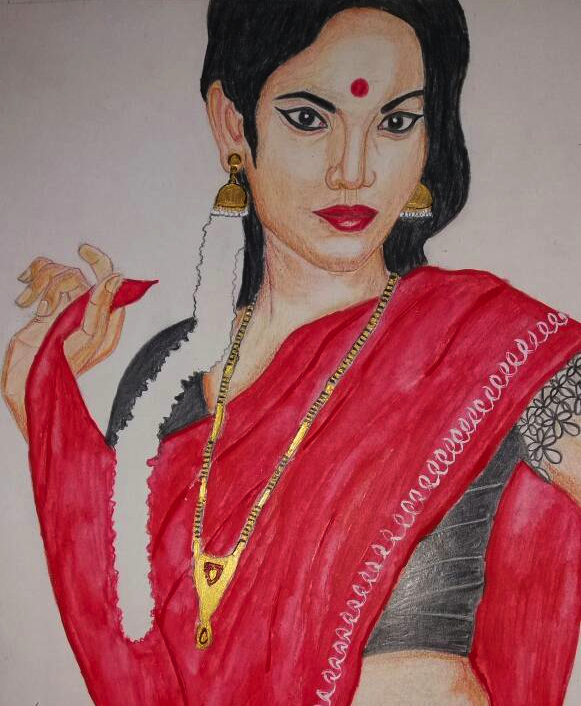
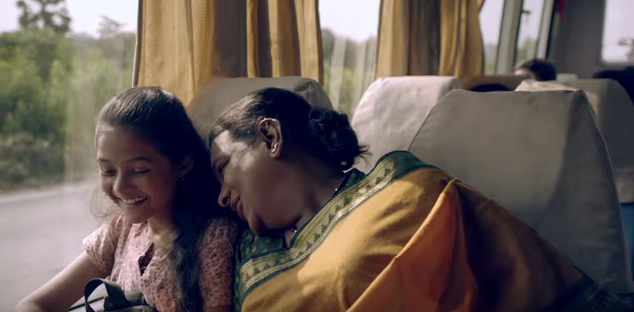
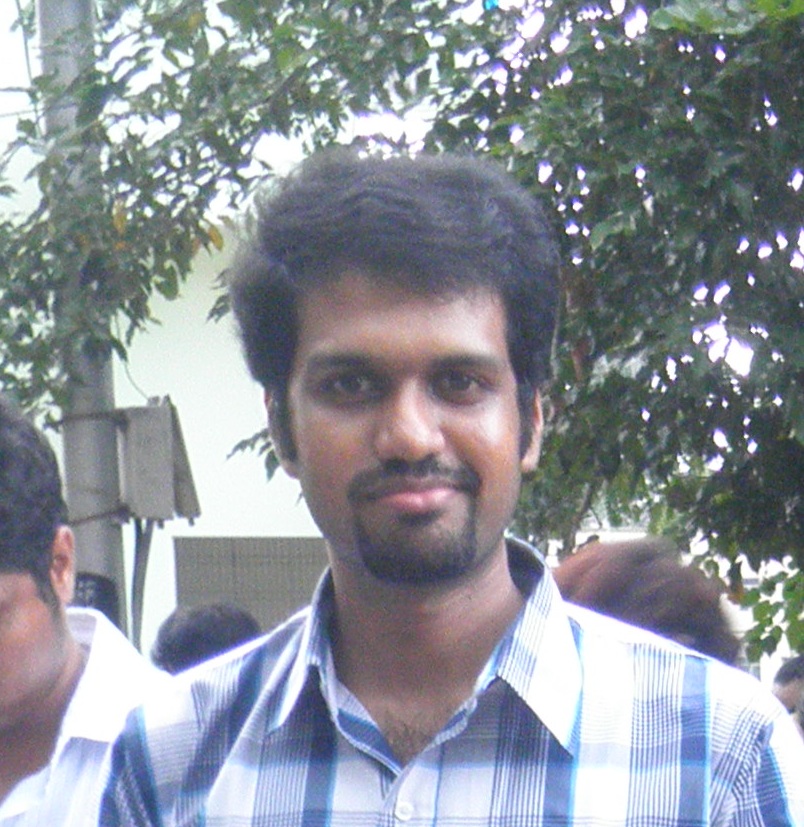
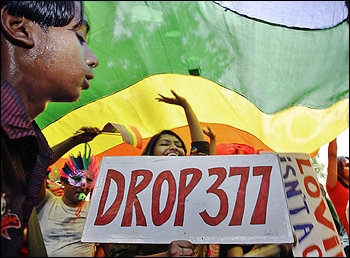
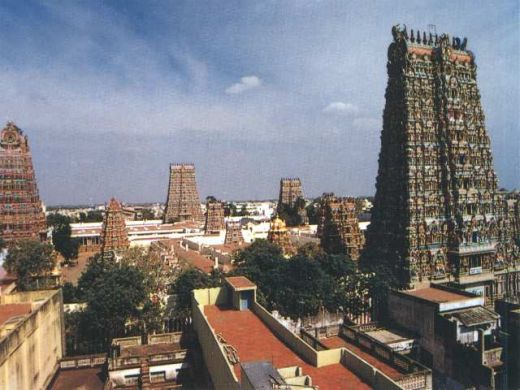
In Rajiv Gandhi govt general hospital, Chennai, transgenders opting for reconstructive surgery face lot of hardships. Surgical endocrinology Out patient department ,room 23, is run by qualified doctors, viz: M.CH endocrinology. But the corresponding medical wing is run by M.D. degree holders. This violates Medical council of India and Indian constitution. Hormone injections not supplied. Plastic surgeons and endo surgeons blame each other and avoid surgery on trans genders